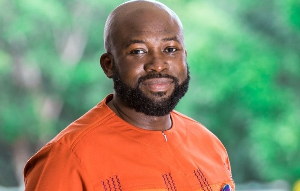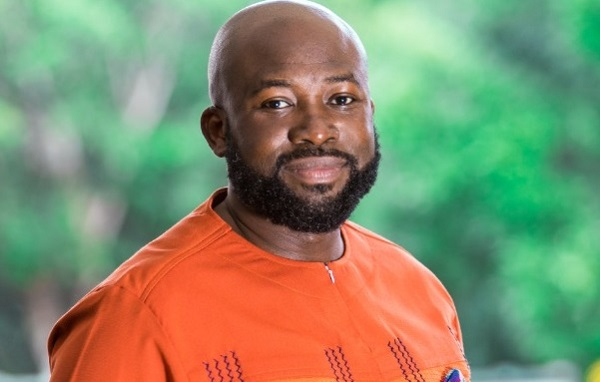 Economic policy analyst, Senyo Hosi
Economic policy analyst, Senyo Hosi
Economic policy analyst Senyo Hosi has urged the government to focus on developing Ghana’s human capital, emphasizing that “the most valuable asset any nation has is its people.”
He believes that prioritizing education, vocational training, and entrepreneurial support will ensure sustainable growth and help address pressing economic challenges.
Speaking on TV3’s KeyPoints, Senyo Hosi commended the government for what he described as a constructive approach to negotiations regarding the recent 10% base salary increment for public sector workers.
“I am impressed by how the government has managed this entire process, and I commend labour for the cooperation they have shown,” he said, noting that the shift in tone and governance style has been critical in winning labour’s trust.
“There is a humility in the President’s submissions that we have not seen in a long time,” he added, attributing much of the progress in talks to an administration that appears more measured and reflective of national realities.
While acknowledging these positive developments, Senyo Hosi cautioned against a disconnect between leadership and public expectations.
“You don’t ask people to tighten their belts while you loosen yours,” he remarked, underscoring that policymakers should visibly share in the sacrifices they demand from citizens.
He emphasized that the credibility of reforms hinges on leaders demonstrating commitment and empathy in their economic decisions.
The latest agreement between the government and organized labour, signed last Thursday, raised the base pay for public sector workers by 10%, effective January 2025.
Labour Minister Dr. Rashid Pelpuo announced that, as a result of the new base pay structure, the daily minimum wage has increased to GH¢19.97.
This marks the second salary revision in less than a year, following a 23% increase in 2024 aimed at helping workers cope with the rising cost of living.
The increment is expected to provide some relief to public sector employees as the country continues to navigate ongoing economic pressures.
Beyond increasing the base pay, Senyo Hosi believes that harnessing the potential of Ghana’s workforce through better skill development will foster a culture of innovation.
He has also repeatedly called for disciplined fiscal policies to rein in government spending, reduce public debt obligations, and cultivate a stable economic environment attractive to both local and international investors.
In his view, “Ghana’s fiscal balance must be more than a line item on a budget report,” stressing the need for proactive measures to prevent debt servicing costs from hindering growth.
Highlighting the role of the private sector as a key driver of job creation, Senyo Hosi urged the Mahama-led government to reduce bureaucratic barriers that hinder entrepreneurship.
He advocates for diversifying the economy beyond traditional commodities such as cocoa and gold, arguing that technology-driven agriculture and modern supply chains can better shield Ghana from global price shocks.
Through this multi-faceted strategy strengthening human capital, fostering collaboration between government and labour, and maintaining prudent financial management Senyo Hosi believes Ghana can achieve a resilient and inclusive economic future.
